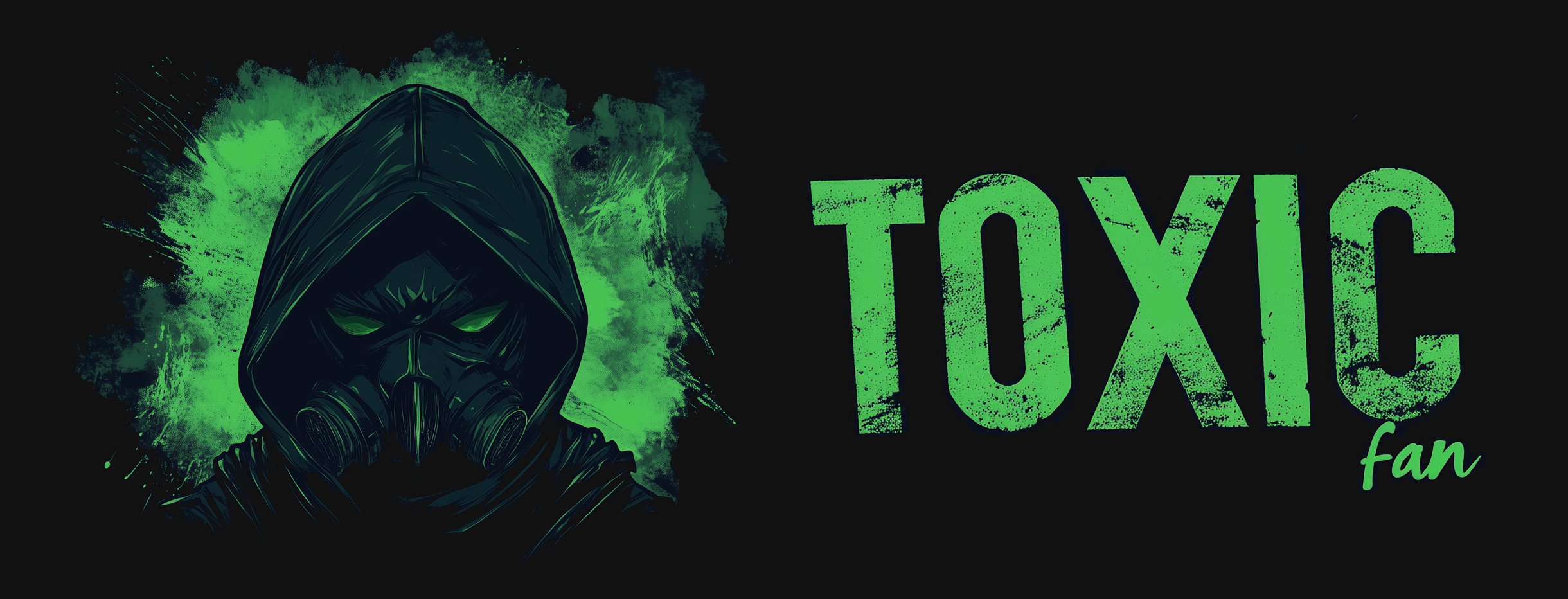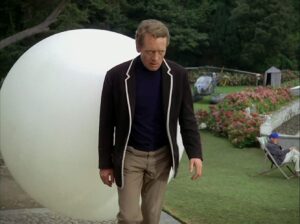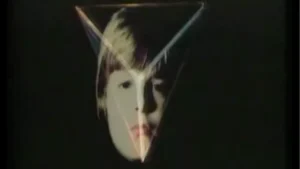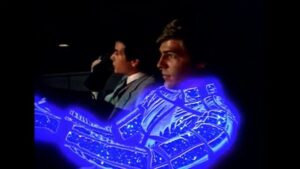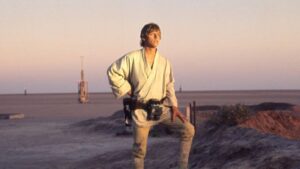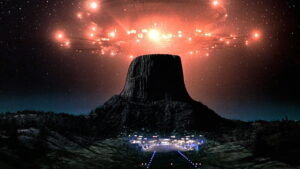
Sonequa Martin-Green as Burnham in Star Trek: Discovery, episode 5, season 5, streaming on Paramount+, 2023. Photo Credit: John Medland/Paramount+
In the vast expanse of the Star Trek universe, “Discovery” stands out like a Klingon at a peace conference – loud, disruptive, and making everyone uncomfortable. What was promised as a fresh take on Gene Roddenberry’s utopian vision has instead warped into a black hole of missed opportunities and narrative antimatter. Strap in, cadets; we’re about to go to warp factor “WTF” as we dissect the missteps of this misbegotten mission.
From its inception, “Discovery” seemed unsure whether it wanted to be “Star Trek” or “Battlestar Galactica’s” angsty cousin. The show’s darker tone might work if it wasn’t constantly tripping over its own continuity. It’s set before Kirk and Spock, yet somehow has technology that makes the Enterprise look like a flip phone at an iPhone convention. It’s as if the writers’ room is powered by a malfunctioning time crystal.
At the heart of this cosmic disappointment is Michael Burnham, a protagonist so inconsistent she makes Quantum Leap’s Sam Beckett look positively stable. One moment she’s a logic-driven Vulcan-raised prodigy, the next she’s making emotional decisions that would make a Betazoid blush. Her character development isn’t an arc; it’s a random squiggle drawn by a malfunctioning replicator.
At the heart of this cosmic disappointment is Michael Burnham, a protagonist so inconsistent she makes Quantum Leap’s Sam Beckett look positively stable. One moment she’s a logic-driven Vulcan-raised prodigy, the next she’s making emotional decisions that would make a Betazoid blush. Her character development isn’t an arc; it’s a random squiggle drawn by a malfunctioning replicator.
The supporting cast fares no better. Most characters are either walking exposition machines or cannon fodder for the crisis of the week. Remember when Star Trek crews felt like a family? “Discovery’s” crew feels more like a dysfunctional support group for space trauma victims.
The storylines in “Discovery” are more tangled than Tribble DNA. Season-long arcs promise epic stakes but deliver conclusions so unsatisfying you’ll wish Q would show up and reset the timeline. The Red Angel mystery? More like the Red Herring. The Klingon War? About as nuanced as a Gorn’s table manners.
And let’s not forget the show’s penchant for universe-ending threats. By the third season, you half expect the crew to yawn and say, “What, another galactic apocalypse? Must be Tuesday.”
Star Trek has always played fast and loose with science, but “Discovery” takes it to new heights (or lows). Mycellial networks, time-traveling suits, programmable matter – it’s less science fiction and more science fantasy. At this point, they might as well give everyone wands and sort them into Hogwarts houses.
The technobabble has reached such levels of absurdity that even the characters seem confused. Half the solutions sound like what you’d get if you asked a toddler to fix a warp core: “Have you tried using the quantum spore drive to reverse the polarity of the tachyon field?”
And then there are the Klingons. Oh, the Klingons. Redesigned to look like they fell face-first into a Romulan glue factory, these are not your father’s warriors. Their scenes are so ponderous and overwritten, you’ll be begging for subtitles – not to understand them, but to speed things up.
“Star Trek: Discovery” proves that not all that glitters is dilithium. For every stunning visual effect, there’s a narrative decision that makes less sense than trying to reason with a Tribble. It’s a show that desperately wants to be taken seriously while wearing the equivalent of a Starfleet onesie.
In trying to chart a new course for the franchise, “Discovery” has lost sight of what made Star Trek special in the first place: hope, wonder, and the belief that humanity’s best days lie ahead. Instead, we’re left with a series that feels like it was written by the mirror universe’s evil Roddenberry.
To the show’s credit, it has boldly gone where no Star Trek has gone before. Unfortunately, it’s into a realm of missed potential and fan disappointment. Here’s hoping that someday, “Discovery” will discover what it truly means to be Star Trek. Until then, beam me up, Scotty – I’ve had enough of this five-year mission into mediocrity.
